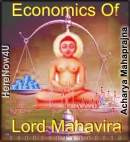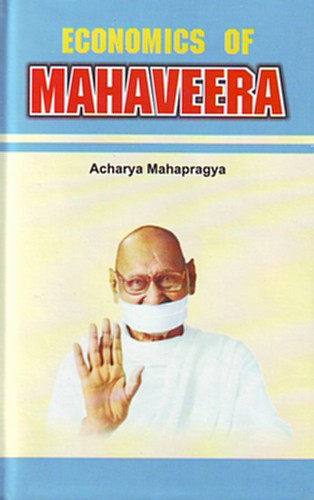
Modern economics has evolved on the basis of materialism. Its limitation is that it has a one-track approach. Had this not been the case, the present times would not have been plagued by so many economic offences, so much economic conflict and so enormous inequalities in production and distribution. A leading authority of modem economics, Keynes, says that we have to attain our goal of making everyone wealthy. In attaining that objective, ethics has no value for us. He is very clear the thought of morality is not only irrelevant, but it is also an impediment in our path to achieve our goal.
Today, the burning question is that of corruption. Several people talk about corruption and say that corruption has increased. When the basic premise of economics is that the issue of morality is an obstruction in our path, then why rue over corruption?
In the context of the present economic change, if corruption increases, economic offences multiply, dishonesty grows and moral standards erode, it is only natural.
Where is the scope for surprise? On the other hand it would indeed be surprising if corruption were not to expand.
 Acharya Mahaprajna
Acharya Mahaprajna

